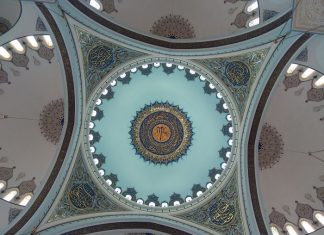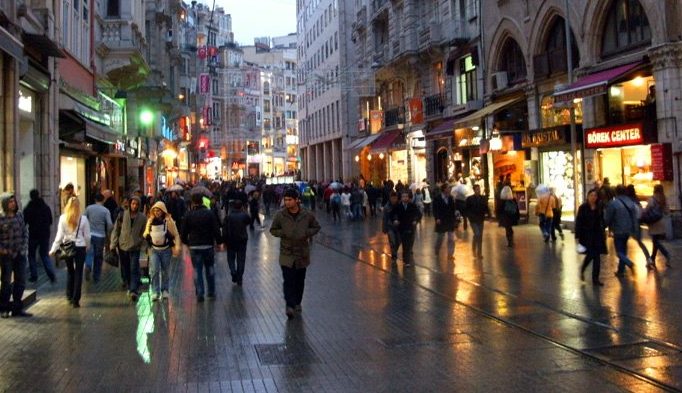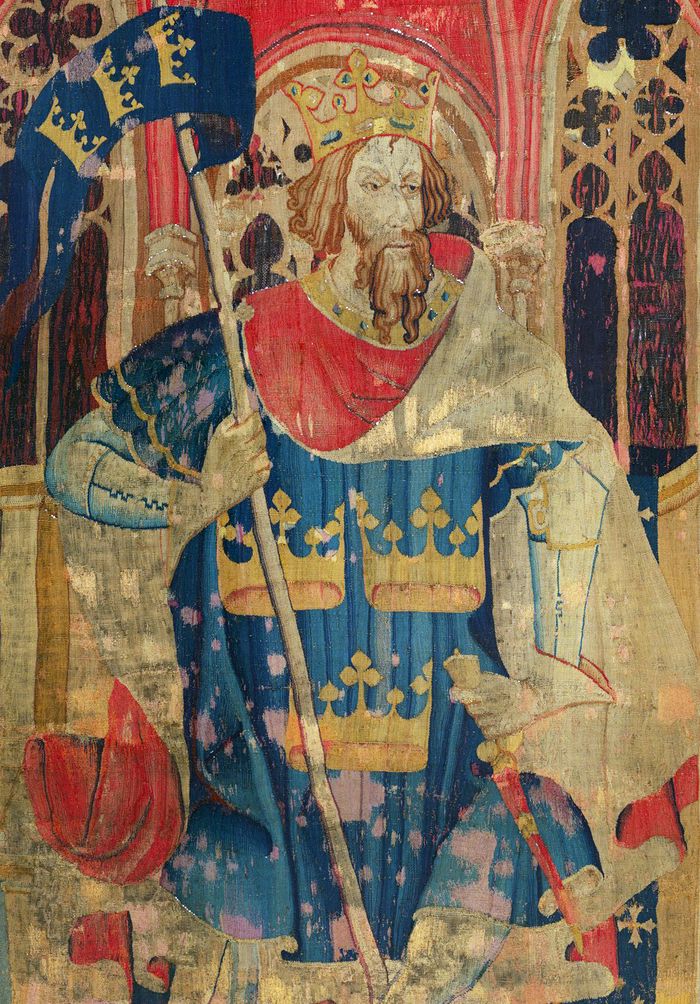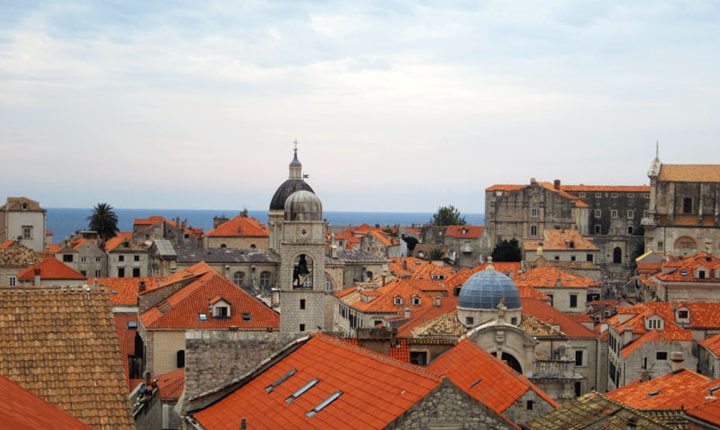And God ordered twelve stones to be taken out of the Jordan, and specified why. For he says: “When your son asks you the meaning of these stones, tell him how the water left the Jordan by the divine command, and how the ark was saved and the whole people.” (Jos. 4.21-22) How, then, shall we not record on image the saving pains and wonders of Christ our Lord, so that when my child asks me, “What is this?” I may say, that God the Word became man, and that for His sake not Israel alone passed through the Jordan, but all the human race gained their original happiness. Through Him human nature rose from the lowest depths of the earth higher than the skies, and in His Person sat down on the throne His Father had prepared for Him.
Absolutely against the saints
But the adversary says: “Make an image of Christ or of His mother who bore Him (thV qeotokou) and let that be sufficient.” O what folly this is! On your own showing, you are absolutely against the saints.
For if you make an image of Christ and not of the saints, it is evident that you do not disown images, but the honour of the saints. You make statues indeed of Christ as of one glorified, whilst you reject the saints as unworthy of honour, and call truth a falsehood. “I live,” says the Lord, “and I will glorify those who glorify Me.” (I Sam. 2.30) And the divine Apostle: therefore now he is not a servant, but a son.
“And if a son, an heir also through God.” (Gal. 4.7) Again, “If we suffer with Him, that we also may be glorified:” (Rom. 8.17) you are not waging war against images, but against the saints. St John, who rested on His breast, says, that “we shall be like to Him” (I Jn. 3.2): just as a man by contact with fire becomes fire, not by nature, but by contact and by burning and by participation, so is it, I apprehend, with the flesh of the Crucified Son of God.
That flesh, by participation through union (kaq upostasin) with the divine nature, was unchangeably God, not in virtue of grace from God as was the case with each of the prophets, but by the presence of the Fountain Head Himself. God, the Scripture says, stood in the synagogue of the gods, (Ps. 82.1) so that the saints, too, are gods.
Holy Gregory takes the words, “God stands in the midst of the gods,” to mean that He discriminates their several merits. The saints in their lifetime were filled with the Holy Spirit, and when they are no more, His grace abides with their spirits and with their bodies in their tombs, and also with their likenesses and holy images, not by nature, but by grace and divine power.
Read More about Apologia of St John Damascene Against those who Decry Holy Images Part 45








